On January 8, 2026, President Donald Trump shocked the housing and bond markets with a Truth Social post directing his “representatives” to buy $200 billion in mortgage bonds, funded by the cash reserves of Fannie Mae and Freddie Mac. The announcement grabbed headlines instantly, but the real questions for buyers, sellers, and homeowners are simple: what does this actually do to mortgage rates and home affordability—and how much is headline versus hard reality?
News outlets including Reuters, CNBC, Business Insider, Politico, and Fox Business have all confirmed the substance of the post and reported that the White House and the Federal Housing Finance Agency (FHFA) are now under pressure to explain who these “representatives” are and how such a program would legally operate. FHFA Director Bill Pulte has publicly signaled support, telling reporters that Fannie and Freddie will carry out the president’s direction by purchasing mortgage‑backed securities from the public market, though key details on timing and structure remain open.
How Could a $200B MBS Purchase Affect Mortgage Rates?
In plain English, mortgage bonds are the pipes that carry money into the mortgage market: when big buyers step in, demand for these bonds goes up, prices rise, and the yields—and ultimately mortgage rates—tend to move lower. This is not a new idea; during and after the 2008 financial crisis and again during the pandemic, the Federal Reserve bought large quantities of agency MBS as part of quantitative easing, which research shows narrowed mortgage spreads by a few tenths of a percentage point versus Treasuries.[fhfaoig +2]
Trump’s proposed $200 billion purchase would be large by historical standards—roughly comparable to some of the Fed’s earlier QE waves—and markets have already reacted, with Bloomberg reporting that current‑coupon Fannie Mae MBS spreads tightened by about 0.1 percentage point immediately after the announcement. For borrowers, that type of spread compression translates into modestly better rate sheets—think improvements on the order of a few tenths in rate relative to where the same market would otherwise have been—rather than a sudden plunge from the 6s into the 3s.
The Catch: Policy, Politics, and Unanswered Questions
Even though the post is real, there is a big gap between a social‑media directive and a fully operational program, and several key questions are still unanswered. Among them: how the purchases would be authorized under Fannie/Freddie’s existing conservatorship, what guardrails FHFA will place on risk, and whether Congress needs to sign off if the plan shifts beyond administrative adjustments into a formal facility.[whec +3]
Additionally, the executive branch cannot simply order the independent Federal Reserve to buy MBS, so any purchases must flow through entities like Fannie, Freddie, or Treasury‑backed structures rather than the Fed’s balance sheet. That means implementation could be slower and more politically contentious than the initial headline suggests, and markets will trade not just on the size of the program but on the quality of collateral, the pace of purchases, and how long the support lasts.
What This Means for Buyers, Sellers, and Homeowners
For consumers, the practical takeaway is that this plan, if executed, is a tailwind for mortgage pricing, not a magic reset button for housing affordability. A well‑designed $200 billion program could nudge rates somewhat lower than they otherwise would be, especially on conforming, FHA, and VA loans backed by the agencies, while leaving jumbo and non‑QM pricing more tied to private capital markets.[cato +4]
At the same time, cheaper money tends to support home prices, especially in markets with tight inventory, so any rate relief could be partially offset by renewed demand and firmer pricing—good news for existing owners, but still a mixed bag for first‑time buyers. For now, the smartest strategy is to treat Trump’s announcement as one more supportive factor in a broader environment where rates have already eased off their peaks and may grind lower over time, while continuing to make buy‑sell‑refi decisions based on personal timelines, local inventory, and payment comfort rather than waiting for a single policy to “fix” the market.

